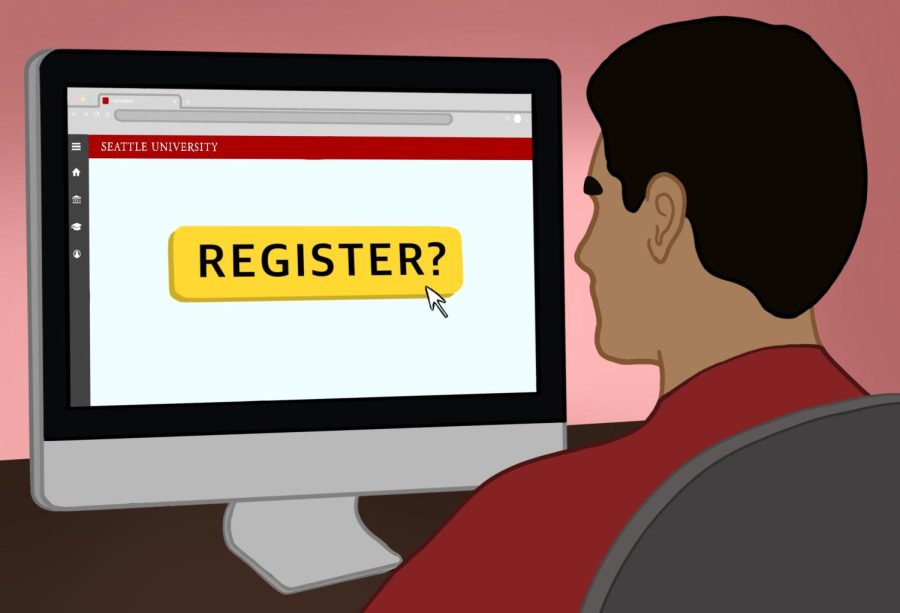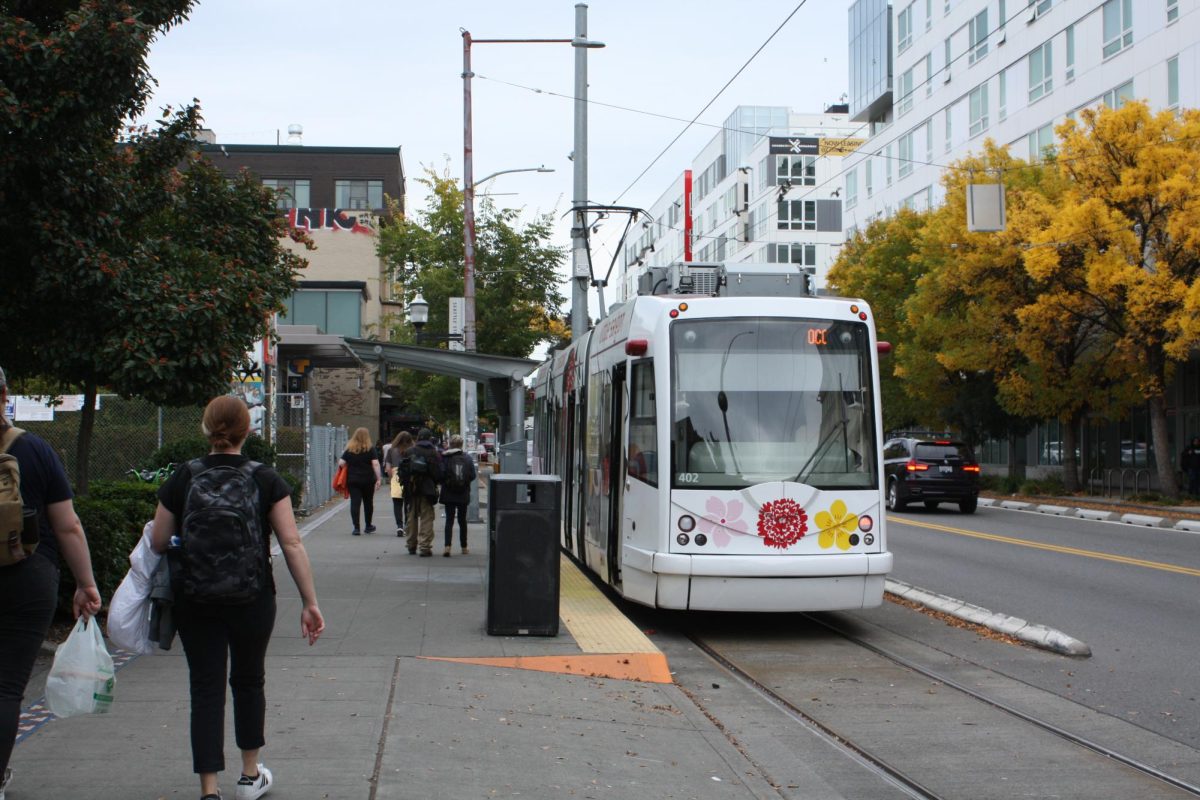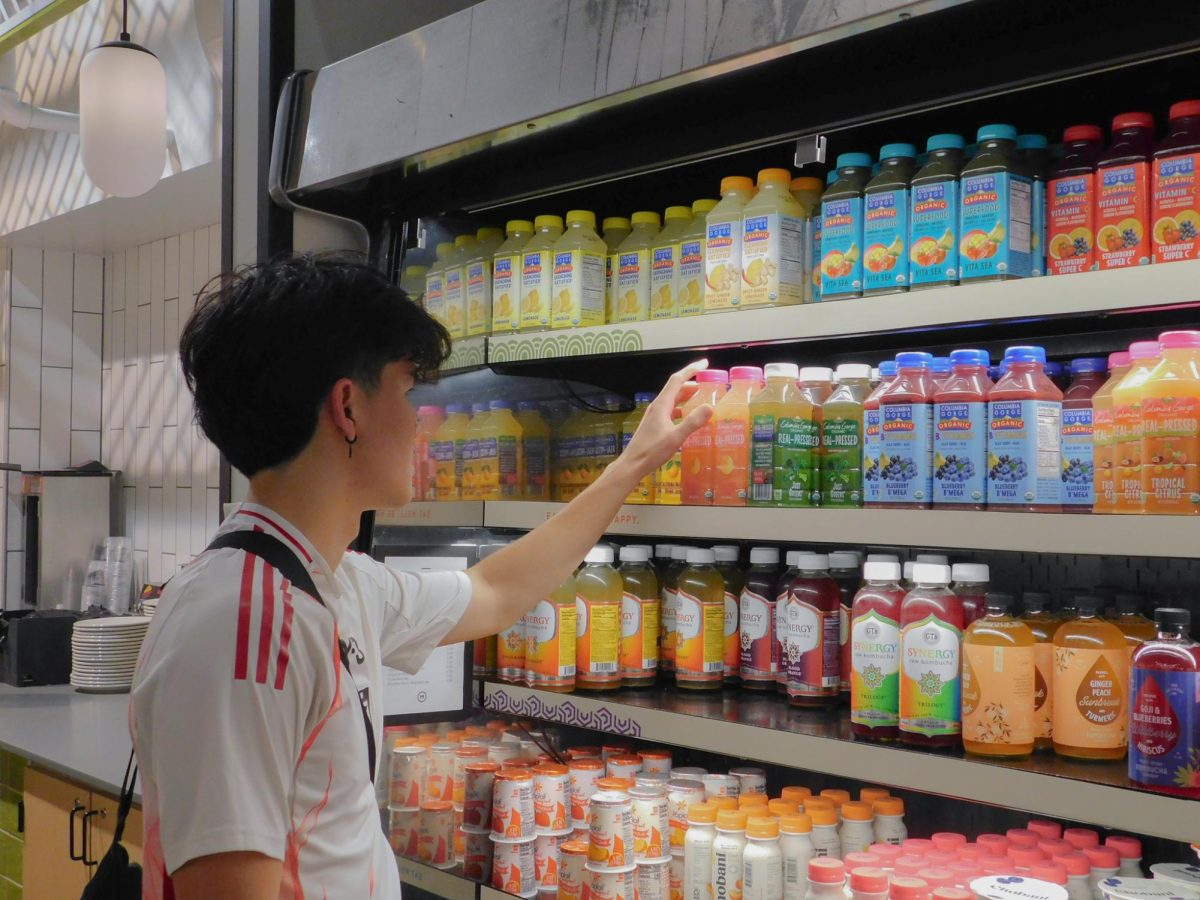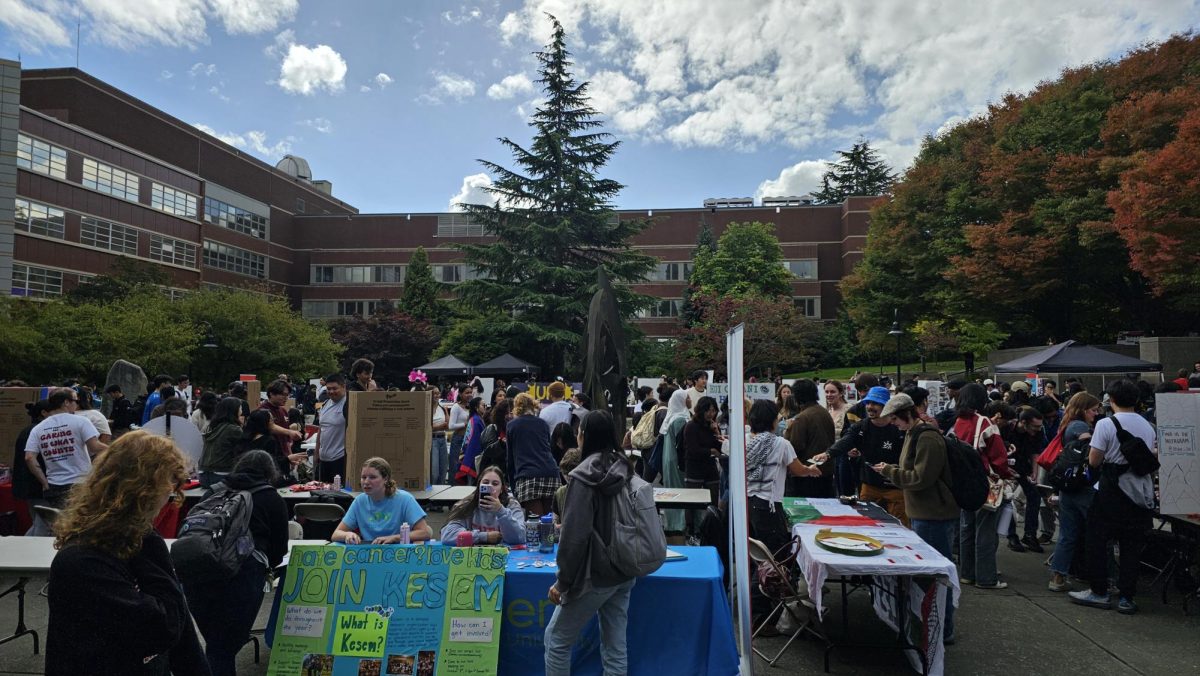As part of Seattle University’s “Reigniting Our Strategic Directions” Goal 3, University Advising announced in November that the undergraduate academic advising process is undergoing a transition into a new model that is expected to fully launch by this summer. Concerns of inconsistency and misinformation are at the core of these decisions. The hope is to deploy a unified framework that merges the strengths of different advising processes across campus.
While students who have remained within their college may not realize that the advising process differs, those who have changed majors or double-majored know that the advising process looks a little bit different across the colleges on campus. These small inconsistencies have collectively gained a larger foothold, allowing for misconceptions to grow among students as to what advisors can offer and what resources are available.
Marina Bydalek, the university advising coordinator, pointed out that students can potentially spread misinformation amongst themselves because the advising process hasn’t been unified and that this poses difficulties for everyone involved.
“On the student level, students talk to their roommates and friends who are all in different colleges, but because their colleges operate differently, they’re going to be giving each other different information,” Bydalek said. “We love peer support, but in a system like this, it can be detrimental. The institutional policy makes the system not as streamlined or optimized which results in things taking longer and more miscommunication.”
While the announcement about advising changes was made towards the end of fall quarter, visions for what the new advising model will look like have been in discussion since Spring of last year. Senior Director for University Advising Molly Cullen has been the one heading the development of a new framework. Her proposal was approved by the provost and the academic deans in June 2023. She explained that enhancing the student experience is the top priority and that changes being made are to streamline the advising process.
“This is all really about bringing the different advising centers and our procedures into alignment so that students have a consistent experience of advising, and have more access to their advisors so that they can get everything they can out of their educational experience,” Cullen said.
Since the new framework’s approval, a series of subcommittees have been formed to propose specific elements to the new advising process based on their areas of focus. There are a total of six subcommittees that have been divided into student experience, technology, faculty, advising, procedure and practice, academic policy and career advancement.
While leading the procedure and practice subcommittee, Bydalek has also worked closely with the data that has been collected during this process. She shared that the National Academic Advising Association Outcomes in Advising Survey, launched last October, was able to confirm a significant number of things that university advising had already been hearing from students and faculty. This includes students experiencing inconsistency and potential frustration with advisor turnover. Additionally, the survey also revealed that students value personal support from advisors and want more proactive outreach.
Natasha Malyuk, a senior academic advisor in academic pathways, is on the faculty advising committee and shared that she never wants students to become overwhelmed in the advising process. It should come as something easy and possibly encourage students to become more connected with their on-campus resources.
“If there is a way for advising to be explained in a way that is not just easier but more straightforward for students to understand as well as prospective students and their supporters, I think that would make a huge difference,” Malyuk said. “I want students to know that there is care and consideration that is being given to them during their time at Seattle U.”
As student experience has been taken into account throughout this entire process, the larger changes being made are actually not likely to impact students as much as one might’ve expected. Cullen shared that one of the significant changes will be that all of the professional advisors will report to the university advising office instead of the dean’s office. Additionally, in regards to the student relations with advisors, not much will change.
“I’m still really committed to advisors being embedded in those schools and colleges so that they can be subject area experts on the specific degree programs in those schools and colleges and be in communication and collaboration with the faculty, students and administrators in those different schools and colleges,” Cullen said.
With many factors not yet finalized, students still have the opportunity to express their concerns and ideas to university advising, or even propose specific alternative options on the behalf of a subcommittee if one is interested in becoming a part of the transition process.










